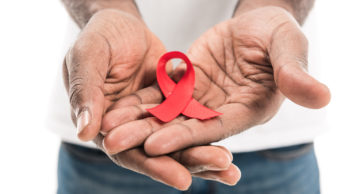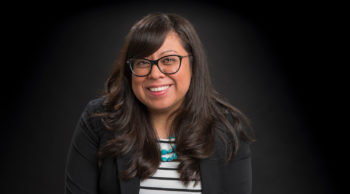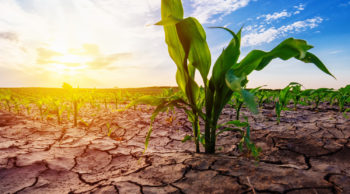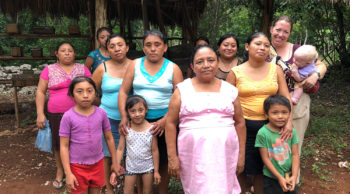The National Institutes of Health (NIH) has awarded California State University, Dominguez Hills (CSUDH) Professor of Sociology Matt G. Mutchler a three-year $656,000 grant to create a support program that addresses the disproportionate rate of new HIV infections among young African American men, and help improve their overall health and well-being. Mutchler and a team of investigators, including student and community health educators, are working with a community advisory board and participants to develop, pilot, and evaluate “PrEP-Talk,” an innovative intervention support program for young gay African American men and their close friends who use or would benefit from the preventative ... Read More
College of Natural and Behavioral Sciences
Assistant Professor of Sociology Joanna Perez Named Woodrow Wilson Foundation Fellow
(Carson, CA) California State University, Dominguez Hills (CSUDH) Assistant Professor of Sociology Joanna Perez has been named a Career Enhancement Fellow by the Woodrow Wilson National Fellowship Foundation. Perez is the first CSUDH faculty member to receive this prestigious award. Funded by The Andrew W. Mellon Foundation and administered by the Woodrow Wilson Foundation, the Career Enhancement Fellowship creates career development opportunities for selected faculty fellows with promising research projects. In addition to a $30,000 grant, the award includes a stipend for research and travel or a publication. The program also provides mentoring to the recipient and participation in a ... Read More
Misreading the Story of Climate Change and the Maya
By Kenneth Seligson, California State University, Dominguez Hills (THE CONVERSATION) Carbon dioxide concentrations in Earth's atmosphere have reached 415 parts per million - a level that last occurred more than three million years ago, long before the evolution of humans. This news adds to growing concern that climate change will likely wreak serious damage on our planet in the coming decades. While Earth has not been this warm in human history, we can learn about coping with climate change by looking to the Classic Maya civilization that thrived between A.D. 250-950 in Eastern Mesoamerica, the region that is now Guatemala, Belize, Eastern Mexico, and parts of El Salvador and ... Read More
Alexis McCurn Explores the Survivial of Black Women in the City in New Book, The Grind
Alexis McCurn remembers the exchange she had one day with her neighbor, Ruth: She was sitting on the front steps of her former East Oakland apartment when the 19-year-old mother walked by pushing a stroller. McCurn asked, “Where you going, Ruth?” “You know where I'm going, taking him to the babysitter, then to King's (the local fast-food restaurant where she worked),” said Ruth. “I've gotta stay on my grind because the bills don't stop.” McCurn, an associate professor of sociology at California State University, Dominguez Hills (CSUDH), met Ruth while conducting nearly two years of ethnographic research on the lived experiences of poor African American women and the creative approaches ... Read More
Sarah Taylor’s Book ‘On Being Maya and Getting By’ Highlights Economic Ingenuity of Indigenous Villagers
After the ancient city of Ek' Balam–with its remarkably well preserved Maya sculptures–was unearthed on the Yucatán Peninsula in the late 1980s, the Mexican government gave control of the site to local indigenous villagers to create an authentic Maya tourist destination, and in the process, improve their overall prosperity. Sarah R. Taylor, assistant professor of anthropology at California State University, Dominguez Hills (CSUDH), has been researching the Ek' Balam's community-based economic development project since 2004 and the effects tourism and growth have had on the rural Maya village. She has chronicled her findings in her new book, On Being Maya and Getting By: Heritage ... Read More




